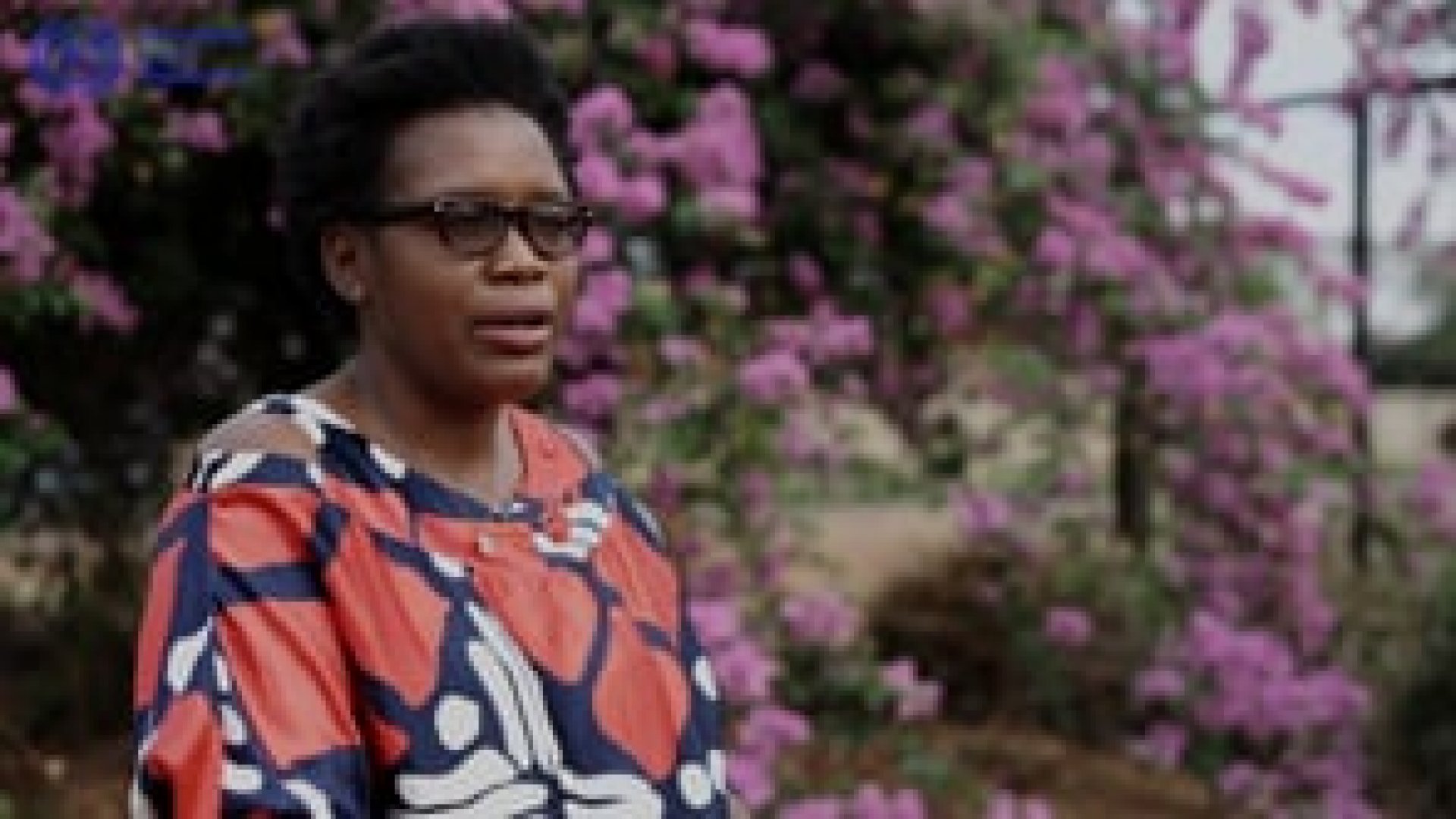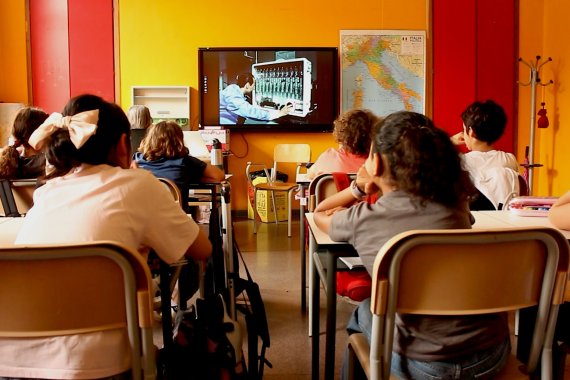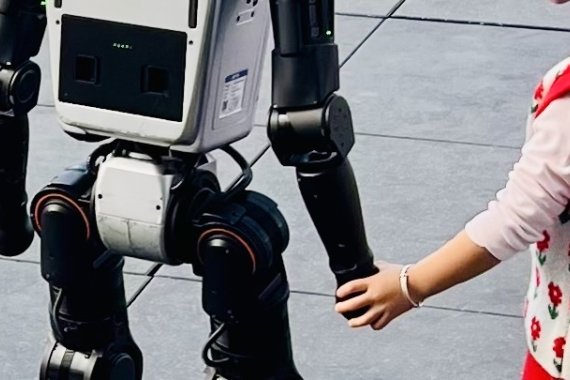Promoting decent domestic work in Zimbabwe
Promoting decent domestic work in Zimbabwe
Towards an innovative training centre for domestic workers
9 Dezembro 2020
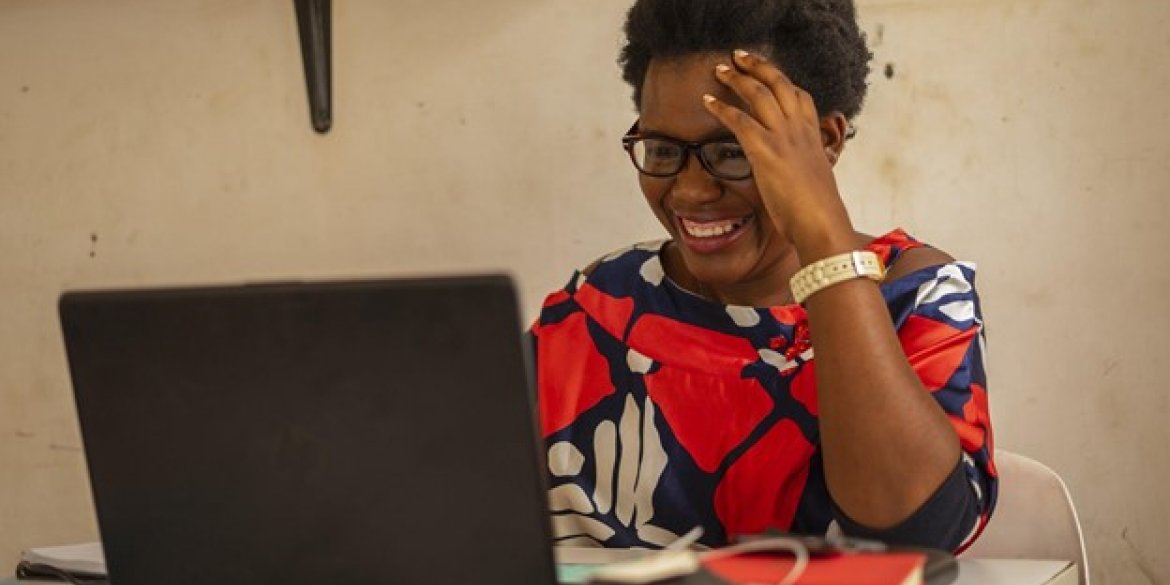
Nestled in front of her computer screen, Mendy tuned into vibrant discussions with global experts right from the comfort of her own home in Norton, Zimbabwe.
But how might 30 individuals spanning across five time zones brainstorm, map out, and visually express their ideas together?
First, let’s set the scene
More than 400 global innovators pitched their ideas. Now, one is realizing her dream. The ILO Skills Challenge Innovation Call set out to mobilize these innovation enthusiasts to rethink skills development and lifelong learning.
Mendy Lerato Lusaba is the founder of the Domestic Workers Association of Zimbabwe (DWAZ) with over ten years of experience in professional and social entrepreneurship. She has one vision: create a space for domestic workers to gain the necessary skills to excel in their careers and promote decent work.
It’s not just my project, it’s our project.
Mendy Lerato Lusaba
ILO Skills Challenge Winner
As urbanization speeds up, rural domestic workers are facing significant skill gaps in modern urban homes. With 86% unskilled individuals in Zimbabwe’s informal employment, it’s time for a change. Mendy and DWAZ seek to address these setbacks through an innovative solution: a Domestic Workers Training Centre.
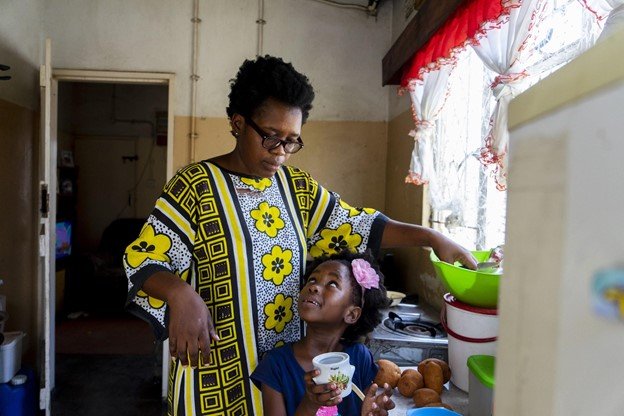
Putting the pieces together
With Mendy’s mission at hand, it was time to creatively unite. Given the current COVID-19 crisis, local face-to-face workshops were out of the picture. Instead, we activated our e-learning solutions to bring the ILO’s first Innovation Bootcamp to life.
We had to adapt on the go. It was not a traditional workshop, but rather a co-creation opportunity to tap into our collective intelligence.
Tom Wambeke
ITCILO Chief of Learning Innovation
From November 16-20, domestic work experts and local project members, including Mendy, connected through video calls, digital mind maps, and virtual breakout rooms. Together, they collaboratively expanded upon ideas, shared best practices, and created actionable steps forward to make this dream a reality.
Here is a snapshot of the ideas shared:
- Claire Hobden, ILO Domestic Work Specialist, presented innovative elements on behavioral insights to deepen our understanding of human behaviours and motivations
- Tim Unwin, UNESCO Chair in ICT4D at Royal Holloway, University of London, shared digital solutions that address accessibility and inclusion through professional networks and knowledge-sharing platforms
- Alice Vozza, ILO Skills and Lifelong Learning Specialist, Southern and Eastern Africa, explained how networks and partnerships influence training, lobbying, advocacy, and employability for decent domestic work outcomes
Socially distant, yet creatively united
Following our human-centred approach to problem-solving, the bootcamp inspired positive and innovative ideas for the future. The group’s collective dedication to skills development and capacity building empowers domestic workers to gain the necessary knowledge and supports the recognition of their labour rights.
Reddy Srinivas, ILO Chief of Skills and Employability, shared his perspective on scalability: “Mendy, you have this idea and we will support you. It will become a model from which many more domestic workers will benefit.”
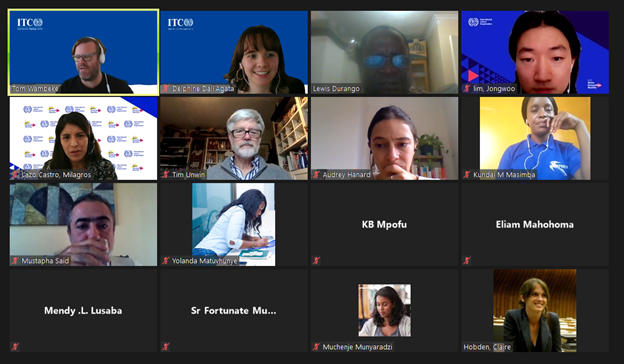
We are at the tip of the iceberg. With these reflections and ideas in mind, let the teamwork begin. As Mendy expressed, “There’s a difference between having a vision and realizing that vision.” The collective efforts both in Zimbabwe and elsewhere will bring Mendy’s vision to reality.
Follow Mendy’s journey towards decent domestic work and explore more opportunities for innovative training.
